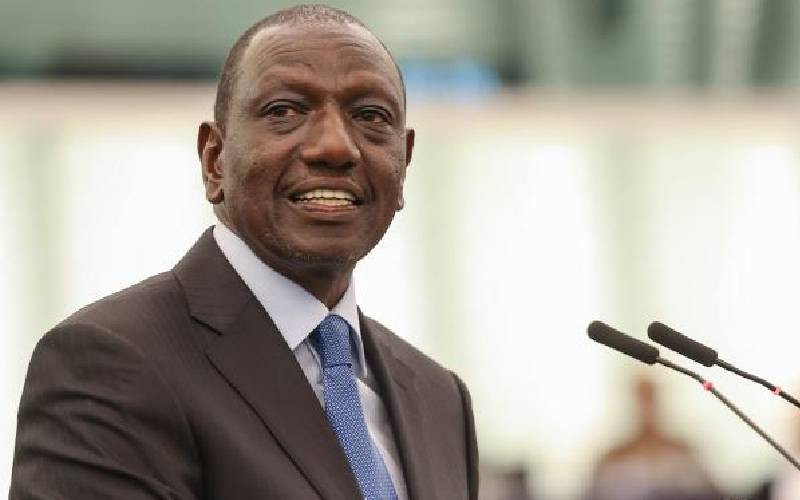×
The Standard e-Paper
Join Thousands Daily

The country is headed in the wrong direction because of absolute lies, smokescreen blame games and incompetence among some members of Kenya's Kwanza administration.
Several inconsistent issues should make President William Ruto call his top administration and tell them to be cleverer when dealing with the now-enlightened Wanjiku.